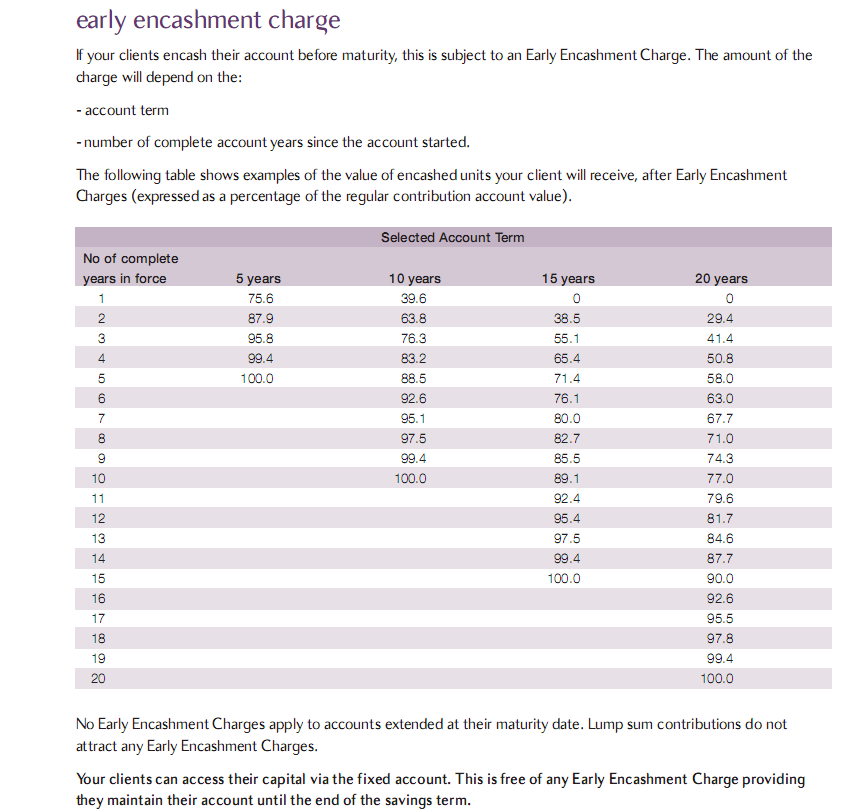8 Biggest Mistakes Investing Offshore & How to Avoid Them
Post on: 5 Апрель, 2015 No Comment

It doesn’t matter if you are a broker, agent, loan officer or an investor, what you DON’T know exceeds that which you DO know when it comes to investing outside of the United States. For most people, this unknown is enough of a hindrance to prevent us from enjoying the tremendous upside of investing abroad.
If you have watched the real estate markets for more than a dozen years, you’ve seen ups and downs before, of course. Why is it then, that THIS particular downturn seems different? Is it the rapid decline of values? Was it the news that Fannie Mae and Freddie Mac were in trouble? Even the most optimistic agent or investor understands that the majority of potential buyers currently suffer from a deer in the headlights approach to real estate. Many investors and Realtors are frozen with fear and indecision regarding how to clearly capitalize and thrive in the current market.
Some savvy investors saw this downturn coming years ago. Many did not. Those that did already made the shift in their strategy, marketing, sales and investments to use the slump to their benefit.
You can too.
We all start with the premise of not understanding enough about foreign markets in order to make a decision. Therefore, the ONLY decision you can make right now is to the decision to learn about how, where, and why to invest abroad. The fears most people have are normal, but they do not have to prevent you from expanding your reach, diversifying your portfolio, and earning tremendous returns for yourself and your referrals.
Investing offshore can dramatically accelerate your retirement plans and give you the opportunity for a tax-haven previously known only to the ultra-wealthy.
There are several KEY factors that one should consider to set themselves up not only to survive this market, but to thrive big time.
A. When one area of the world has a slowing economy, often there are areas which thrive in relation to it. (weakening US dollar, etc.)
B. Ultra wealthy investors don’t participate in the financial markets the same way the average person does. They don’t necessarily cheat but they do set their own rules.
C. Fear and ignorance of IRS rules keeps most people from even learning how offshore investing/banking/finance works.
Nearly half of ALL equity funds are not marketed in the United States. The stringent rules of the SEC have made it too expensive for many companies, funds, and securities to be marketed in the USA. Most people are unaware that there are savings accounts available with double digit returns in other countries. US citizens are unaware because those banks are not allowed to advertise in the USA.
When it comes to investing in real estate beyond the borders of the USA, these same issues are compounded by fear, lack of knowledge of foreign exchange rates, governments, culture and language.
When one opens their mind up to the possibility of investing in foreign markets, these limitations begin to fade away. Once the limitations are gone, the opportunities are sure to keep you awake at night with excitement! The possibilities of secure wealth, lifestyle, and a reduced tax-burden are enough for anyone to get in the game, learn all they can, and get started!
Here are the 8 things to INSIST upon when it comes to investing abroad:
1. Government. After speaking with hundreds of investors, the question of banana republics and dictatorships comes up a lot. When you preview property in a foreign land, check out the history. How did it become a republic? Who was in charge before? What legacy did the previous government leave behind? No matter who is in charge now, there are ALWAYS people and power centers left from previous administrations. Be sure to work with countries with a long history of stability.
2. Tax Haven.It is important to not only work with democratic governments, but ones that are friendly. very friendly to foreign investors (That’s you!). In the USA, if a banker does not disclose private information to the authorities upon request, they can be prosecuted. In tax-haven friendly countries, the opposite is true. If a banker reveals private information to the authorities, the BANKER can be prosecuted! A low or non-existent tax rate for foreign investors is preferred. Any lack of banking privacy is a non-starter. For example, in November 2001, the Cayman Islands concluded a tax information exchange agreement (TIEA) with the U.S. that provides for exchange of information relating to U.S. federal income tax.
3. Land Ownership. US land owners take for granted the idea of property rights. Even countries based on English common law don’t have the same protection that we take for granted. Visiting the Turks and Caicos, I found that deeds are the responsibility of the crown and not supervised by a third party. A US-based title insurance company is best for security, peace of mind, and reduces the learning curve. Mexico, for example, requires a foreigner to co-own property with a domestic person or entity. Yuk!

Equally important, does the developer own the land? Not only on title, but what about encumbrances? Select developments where the land is paid for, that way, any delays in development won’t compound the developers’ finances.
4. Team. A project is only as solid as the team behind it. When it comes to getting permits, title, surveys, and entitlements, does your project have a manager who is local? Do they have an inside track on the national, regional and local regulations? Does the project manager have friends in the government? Is the developer perceived as a foreigner or a local? Are they using local labor? Is the master plan designed by professionals? Are there any sales? Analyzing the team is as important as understanding the project and you must know WHO you are dealing with.
5. Language & Culture. Going offshore means you WILL be experiencing a new culture. The only way to become comfortable is to understand that culture, accept the differences and embrace the common elements. With regards to language, be sure you speak it. Using a translator is inefficient and dangerous. Contracts not written in a language you understand is like playing with fire. Even if the contract is bi-lingual, in a court of law, the dominant language is the one that will prevail.
6. On-site Visit. In order to truly understand a project and the opportunity, an on-site visit is a must. As an investor, I would never trust an agent who had not taken his time and money to travel to the project and put their feet in the sand. As an investor, it is a great tax-deductible trip. and gives you first hand knowledge of the area, people and project.
7. High-end usage. Many investors start out with affordable housing rentals as their entry into the market. It appears less expensive, but management headaches are going to be high. When investing abroad, it makes sense to cater to people of high net worth. They travel more, sale prices and rents are higher, and the wealthy are immune to economic swings. With proper management in place, upper-end properties are safer and more lucrative.
8. Location. Yes, the old adage, Location, location, location is still true when investing in other countries. Understanding values, appreciation, and market demand is very similar to what we do when performing due diligence in the states. For an extra layer of comfort, be sure to invest in properties that not only have great locations but have stellar locations! When investing in tropical areas, be sure to check out the neighbors. The Caribbean is known for having beautiful resorts residing next to dilapidated shacks. Proximity to activities, shopping, and services is important, so be careful if you find that perfect private island getaway! If it is too far from civilization or any amenities, demand could be weak.
BONUS:
If you truly want to make a TON of money in this marketplace, you need to invest in it yourself. Nothing compares to the credibility of being an owner AND an agent. By owning a part of the project yourself, you set yourself apart from all other agents/ Your referral commissions can increase exponentially when you have not only taken the time to learn about a project, but have the confidence to invest in it yourself.
I love my country and like having more than one child, I have learned to love other countries as well. Foreign real estate investment and ownership has more. more growth, more tax advantages and more lifestyle. Now is the VERY BEST TIME to learn more, and take action!














